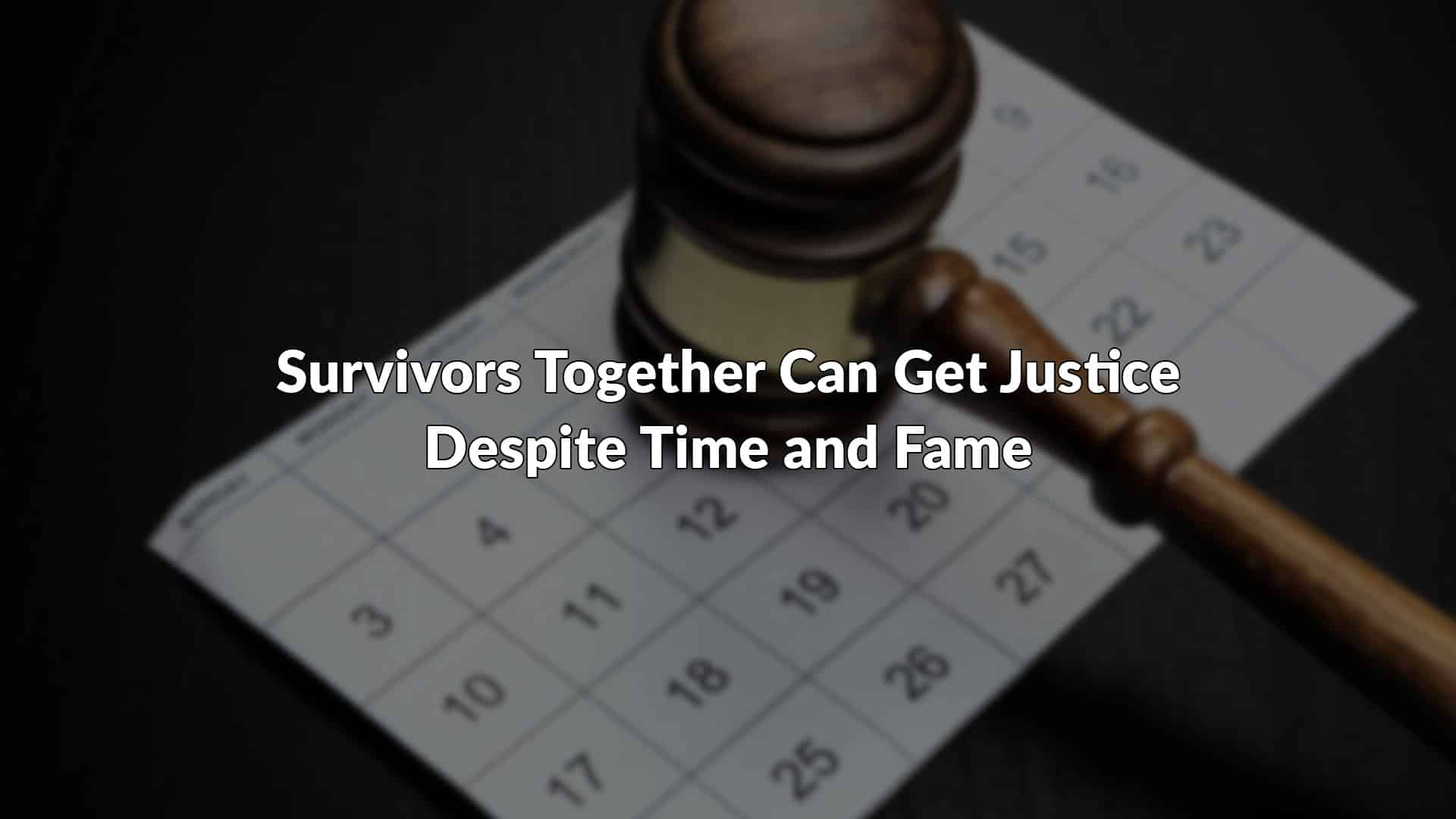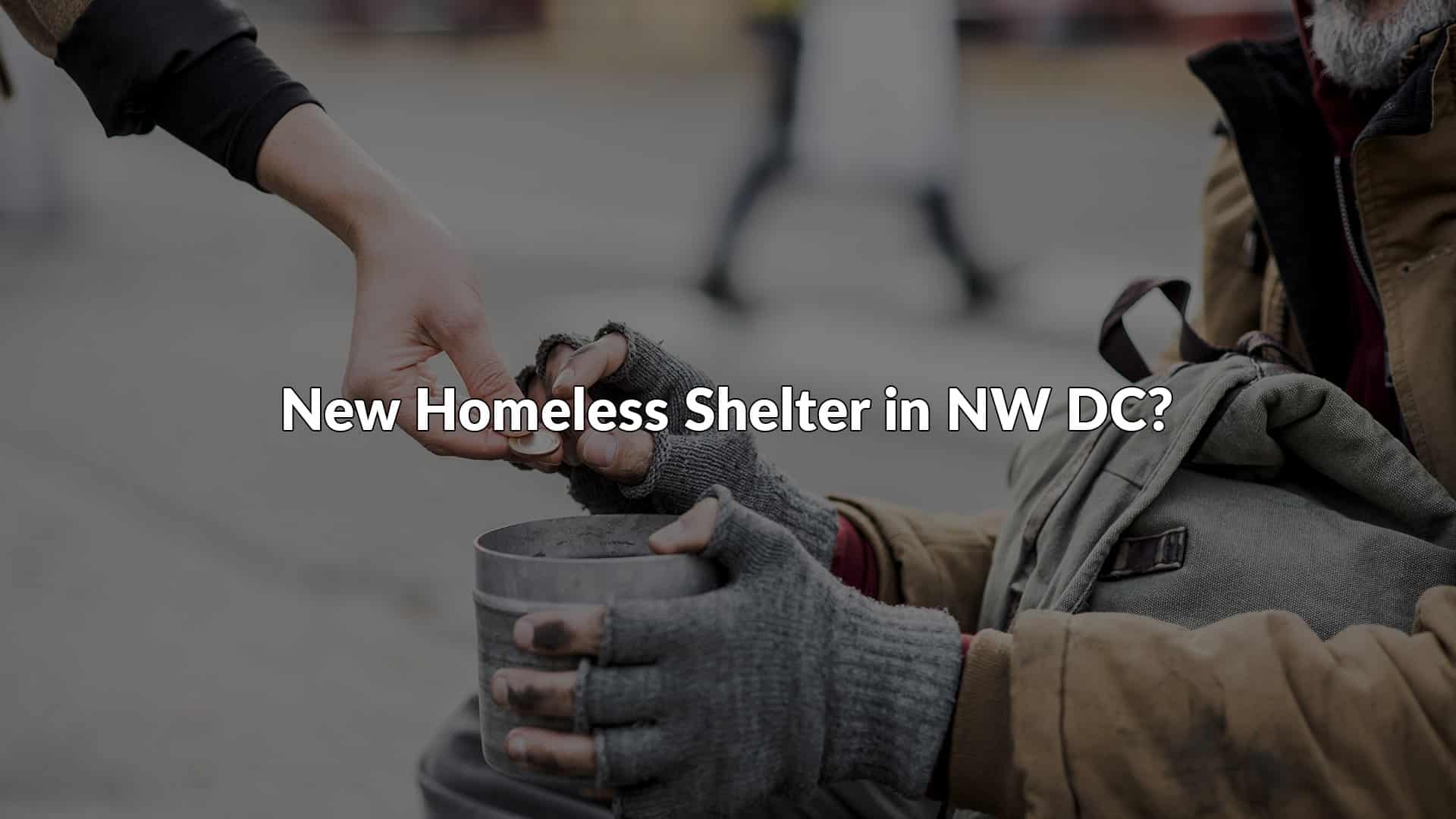The story of one of our amazing survivors was highlighted this morning by Andrea Powell of Fair Girls in Nicholas Kristof’s blog on the New York Times on September 28th, 2016. Check out her inspiring story- we have been and are honored to work with such an amazing and brave young woman- she is truly an inspiration to all of us at Amara!
Original article: http://nyti.ms/2cCVuXr
Eighteen-year-old Macy [1] has an infectious smile despite everything. Like many of her college freshman classmates, she works part-time and has several roommates. Unlike those classmates, the shared house she lives in is a safe home for survivors of human trafficking.
Many victims of trafficking are not as fortunate as Macy, as horrific as her story is. In the fight to end sex trafficking in the United States, survivors are being arrested, and often prosecuted for prostitution. With a record of prostitution, it’s much harder for these young women to attend college, receive public assistance, and live independent lives. Sometimes they are even required to register as sex offenders. Though it’s difficult to find exact numbers, a recent study suggests that there are about 10,000 kids sold for sex each year.
This month, Senator Kirsten Gillibrand introduced important new federal legislation, The Trafficking Survivors Relief Act of 2016, to expunge the records of survivors of sex trafficking like Macy.
Macy’s narrative is not unique in its arc, but devastating in its particulars. At 17, Macy’s parent gave her up to the foster care system. Soon after, she met an older man who gained her trust with promises of love and safety. It is likely no accident that Macy’s sex trafficker preyed upon a foster child. In fact, 70 percent of the teen girls we serve at FAIR Girls, a nonprofit that offers safe housing and emergency services to survivors of human trafficking, were or are in the foster care system. And 90 percent of survivors experienced sexual assault, often by age 14, before the countless rapes they endured as sex trafficking victims.
Macy’s trafficker promised her that he would protect her and that she didn’t have to be homeless. Neither her social worker nor anyone else tried to stop her when she left the foster group home with him, she says.
A few days later, he told Macy she would have to have sex with other men to earn money if she didn’t want to lose him. She said no; then, as she remembers, he threw her on the bed and strangled her until she almost blacked out. For Macy, that was the tipping point. She knew he could kill her.
For months, Macy was forced to have sex with men in hotels across the country, who bought her through Backpage.com, a web site where women and girls who are trafficked are routinely sold.
Three months in, Macy was almost rescued in a police sting operation in a hotel in Washington, D.C. Almost.
Sitting in the police station covered in bruises, Macy wanted to ask for help. But she feared the police would arrest her, and she feared that her trafficker (who tracked her phone) would beat her. She did not ask for help. After a few hours, the police let her go.
Situations like this are not uncommon, where police miss the signs of sex trafficking and fail to offer help to victims in need, unintentionally returning them to their abusers. That night, the trafficker rented another hotel, posted Macy’s photo online, and forced her to have sex with more men.
A few weeks later and only a few miles away in Maryland, Macy was arrested in another sting operation. The police threatened to put her in adult jail if she did not testify against her trafficker. Terrified, she agreed. She was released but only on the condition of working with the police.
While the line between sex work and sex trafficking is often blurred on the streets, it is legally clear. Macy is a victim by the legal definition of sex trafficking; she experienced “force” (the strangling), “fraud” (promises of love and housing), and “coercion” (threats of letting the police lock her up). The prosecutors and police eventually identified her as a victim of sex trafficking, but did not drop her charges.
Some in law enforcement believe that threatening survivors to testify against their traffickers is the only way to get them to testify. However, in my experience, survivors are more likely to testify if they feel safe, are connected to advocates and services, and are treated with respect.
Macy was terrified and homeless when she found her way to FAIR Girls, which worked tirelessly with Amara Legal Center to expunge her record. Over the course of eight months, she attended support groups, found a job, and tried to stay safe from her trafficker, who managed to threaten her life even while he was in jail.
Senator Gillibrand’s recent legislation will help ensure that survivors like Macy can lead lives as legally whole and independent adults. It will ensure that survivors of sex trafficking are offered post-conviction relief from criminal charges stemming from the trafficking. Even in states where similar relief legislation exists, the battle for expungement can be difficult and traumatizing, and survivors continue to be coerced into testifying against their traffickers even when their lives are at risk by doing so.
Jail or juvenile detention is no place for a victim of sex trafficking. Instead, survivors need services, housing, and real job and educational opportunities. Senator Gillibrand’s legislation is critical to restoring the lives of survivors who are caught in the broad net cast to catch sex traffickers. Survivors should be treated with dignity while we continue to hold the real criminals, the traffickers, accountable.
[1] Macy is a pseudonym used to protect her identity from both her traffickers and law enforcement.
Andrea Powell is the founder and executive director of FAIR Girls.



